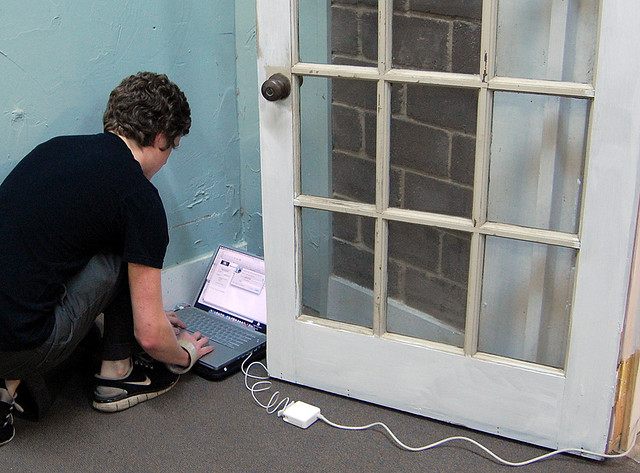 Mike Jempson, Director of MediaWise Trust, discusses media accountability, ethics in online journalism and problems citizen journalism may incite.
Mike Jempson, Director of MediaWise Trust, discusses media accountability, ethics in online journalism and problems citizen journalism may incite.
Q: Are there successful examples of media accountability systems in the UK?
In the UK, challenging the behaviour of the media has been a national sport for generations. Numerous individuals and campaigning groups from the political right and left put pressure on print and broadcasting organizations about, for example, sexist, racist, homophobic and other forms of discriminatory coverage. Many of these campaigns have been accompanied by monitoring exercises and even academic studies which have gradually influenced coverage and improved journalistic practices.
The National Union of Journalists – to which some 30,000 UK journalists belong – periodically issues guidelines to its members about how to cover issues of sexuality, race, racism, ageism, etc, and many special interest groups produce guidelines to assist journalists in their work.
MediaWise has worked with civil society groups representing special interest groups who have also taken on the media and their regulators and sought to establish better practice. Successful examples include the combined efforts of suicide prevention agencies to persuade editors that publicizing details of suicide methods may encourage initiative behavior. The Press Complaints Commission was persuaded to issues guidance to editors about more accurate coverage by support groups for asylum-seekers and refugees.
Q: Do you believe there should be a new ethical code specifically for online journalism?
For journalistic products on the Internet I see no reason why existing codes and guidelines will not suffice. The big issue here is who is claiming to be a ‘journalist’ – a term which should at the very least imply a commitment to accuracy and checking facts – and who is merely an individual observer or polemicist masquerading opinions as facts.
Q: What has been one of the most important innovations in journalism in the UK in the recent past?
There have been several significant innovations – it may be too early to tell which are the most important. Many online editions of newspapers now include video – in effect online TV broadcasts which are not subject to the regulations that cover mainstream broadcasting such as fairness and impartiality. In other words the imminent General Election may be dominated by ‘party political’ online coverage – a major change in political coverage in the UK.
‘Hyper-local’ online editions of local newspapers have turned self-appointed local residents into reporters. This cheap and easy solution to the cost of hiring journalists may be regarded as empowering by some, but could be the death-knell for a traditional training ground for journalists.
Word and images delivered to the mainstream media or the web by ‘citizen journalists,’ is also gradually transforming expectations of news coverage. This increases the availability of ‘actuality’ but also of ‘hoaxes.’ The question is whether this will encourage editors to get their reporters back out on the streets.
Interview by Tina Bettles
Tags: Citizen Journalists, MediaWise Trust, Mike Jempson, National Union of Journalists, New Media. Media Ethics, Press Complaints Commission











































